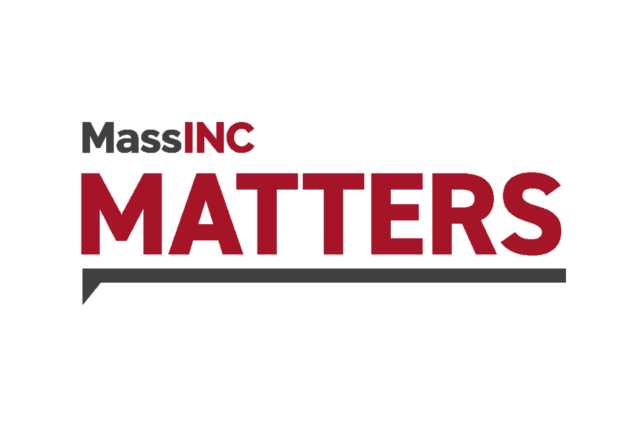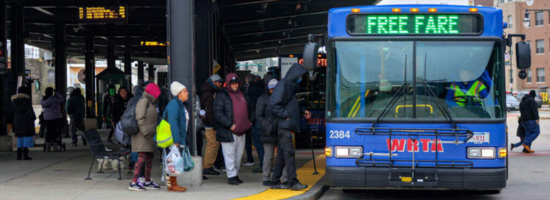All Updates
The latest releases, events, and articles from across MassINC.
Explore Topics
-
Opening the Doors to the Jobs of the Future
Expanding Early College access and strengthening career-connected learning are critical to ensuring Massachusetts maintains a competitive, skilled workforce, and this report outlines four key objectives to guide the state’s expansion strategy.
March 3, 2025
- Massachusetts must significantly expand Early College programs to reach more low-income students, as current enrollment remains too limited to make a substantial impact. The state should prioritize high-potential high schools and utilize hybrid or online learning models to ensure accessibility, particularly for students in rural areas.
- Current Early College programs lack structured connections to high-demand industries like health and STEM. A more robust program should integrate specialized advising, career development experiences, and credit accumulation targets, while also aligning Early College with Innovation and Career Pathway (ICP) programs.
- Expanding Early College to middle-income students can create more diverse learning environments, strengthen urban schools, and support high school redesign in smaller districts. Targeted strategies include regional partnerships, urban magnet schools, and enrollment goals that promote integration in Boston and the Gateway Cities.
- Sustainable Early College expansion will require clear governance structures, accountability measures, and administrative capacity. Some necessary policy changes will need to be addressed through board decisions, legislation, and budget appropriations.
-
School Centered Neighborhood Development
February 20, 2025
-
MassINC Welcomes Joe Kennedy III to the Board of Directors
January 10, 2025
-
Merry MassINC Greetings
As we reflect on a year of growth, collaboration, and progress, we’re reminded of the unique power of policy and research to unite people and inspire meaningful change.
December 19, 2024
-
Policy Center recommends rule changes to facilitate building renovations
Public comment takes a deeper dive into the “30% Rule” and its impact on property owners in Gateway Cities.
December 16, 2024









